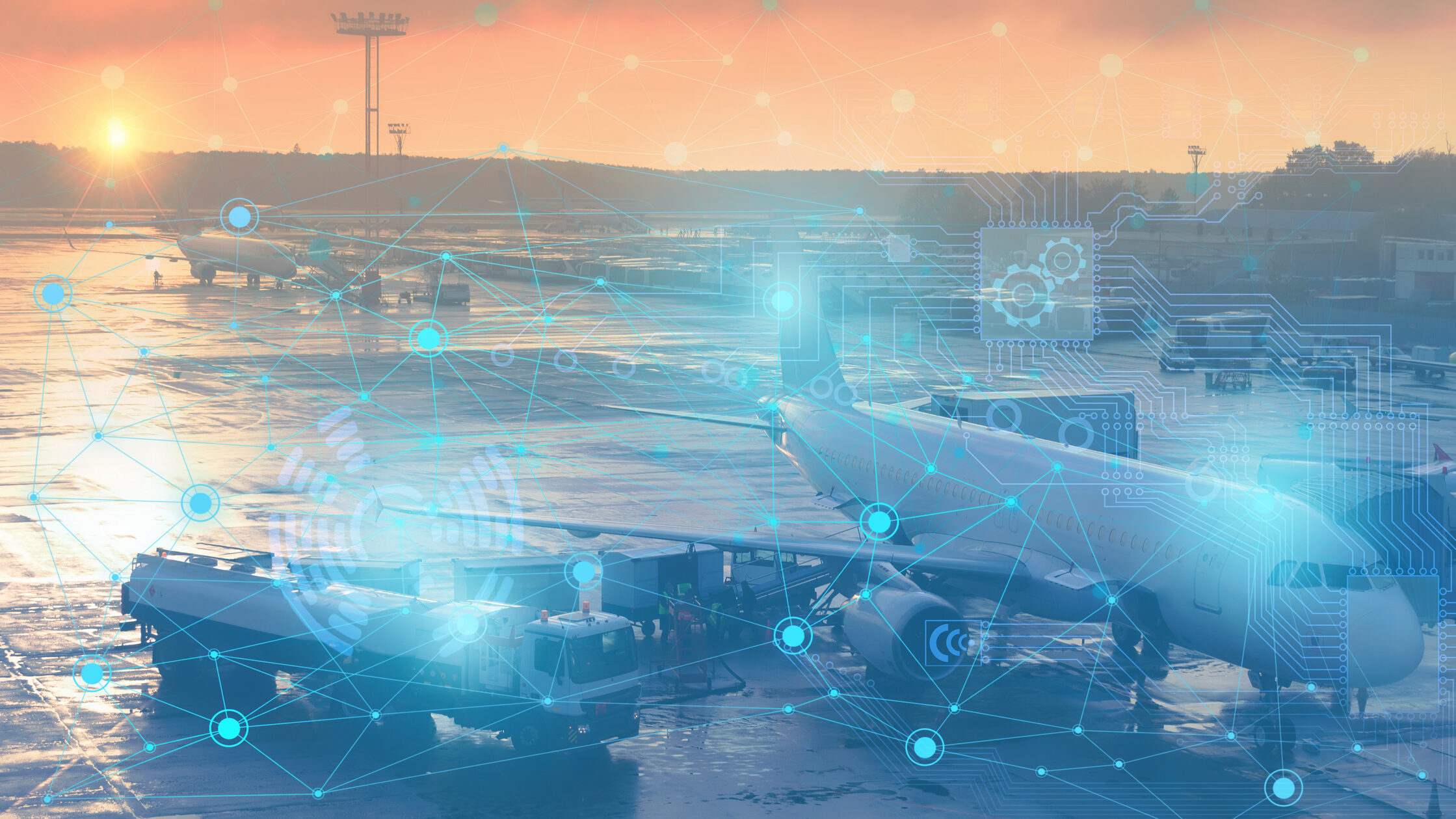Dispositions towards automation: Capital, technology, and labour relations in aeromobilities
July 10, 2024
As we get ready to commemorate Artificial Intelligence Appreciation Day on the 16th of July, a day dedicated to acknowledging the pivotal role that artificial intelligence (AI) plays in shaping our contemporary world, it is imperative to understand the intricate dynamics of automation, a phenomenon significantly driven by advancements in AI.
In ‘Dispositions towards automation: Capital, technology, and labour relations in aeromobilities’ (Dialogues in Human Geography, 2022), Associate Professor Lin Weiqiang (NUS Geography), Professor Peter Adey (Human Geography, University of London), and Associate Professor Tina Harris (Anthropology, University of Amsterdam) navigate the complex landscape of automation with a particular focus on its implications for labour relations and capital.
Utilising the aeromobilities sector as a focal point, the article dissects the intricate relationship between humans and the rapidly advancing automation technologies, powered by AI, supercomputers, and robotics.
The crux of the article revolves around the concept of ‘dispositions towards automation’. Rather than viewing the human response to automation as a binary of adaptation or resistance, the article introduces a nuanced perspective. It argues that human reactions to automation are influenced by broader dispositions, which can be either organically developed through practice or deliberately designed by machines to cater to human desires.
Drawing from the realm of aeromobilities, especially airports, the article showcases how these dispositions manifest in real-world scenarios. The authors identify five primary dispositions – enchantment, aspiration, experimentation, gamification, and acquiescence. Each of these dispositions represents a unique way humans interact with and perceive automation.
For instance, while ‘enchantment’ might refer to the awe and wonder associated with new technology, ‘acquiescence’ might indicate a more passive acceptance. These dispositions, the authors argue, are crucial in understanding the multifaceted ways in which automation is reshaping labour, capital, and human-machine interactions.
Finally, the article beckons geographers and other academics to probe deeper into the ethical ramifications and broader repercussions of automation on diverse facets of human life, including urban organisation and labour relations. The discourse underscores the potential avenues for human adaptation and the emergence of novel forms of human-machine synergy.
In conclusion, the authors offer a fresh lens with which to view the complexities of automation in contemporary society. Their work emphasises the need to move beyond simplistic narratives and embrace the diverse ways in which humans engage with machines.
Read the article here.

